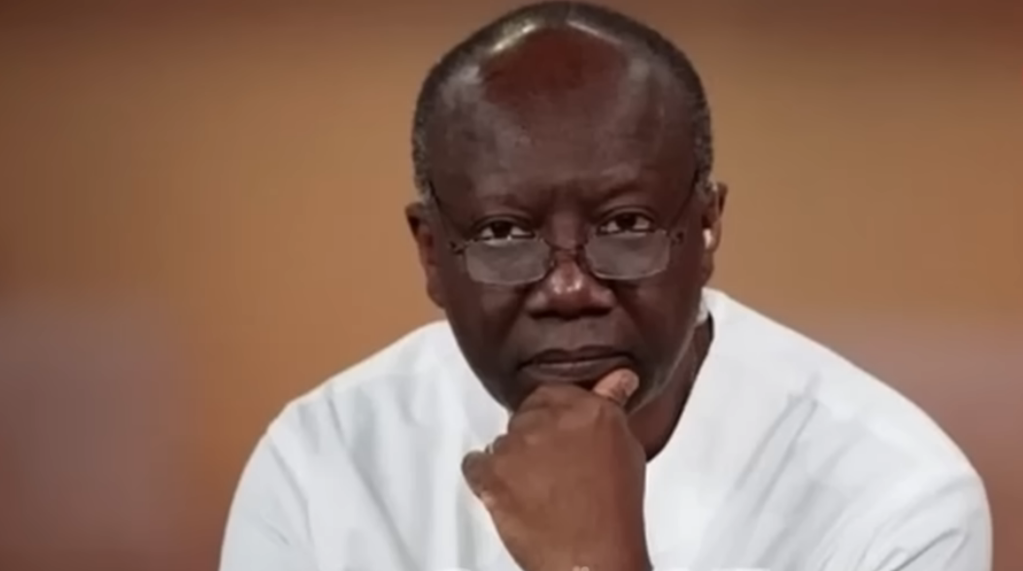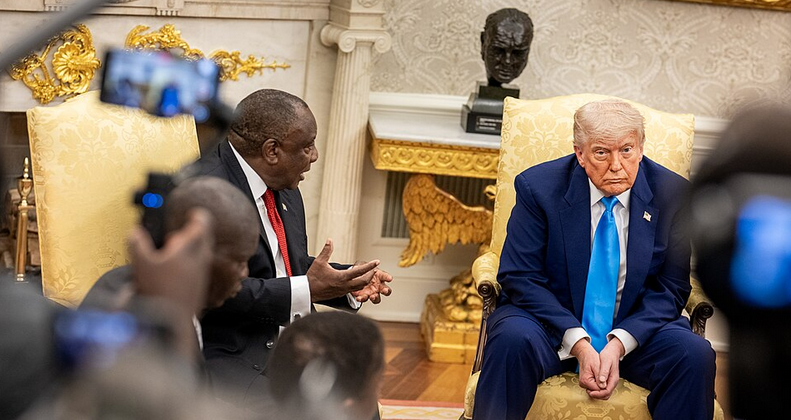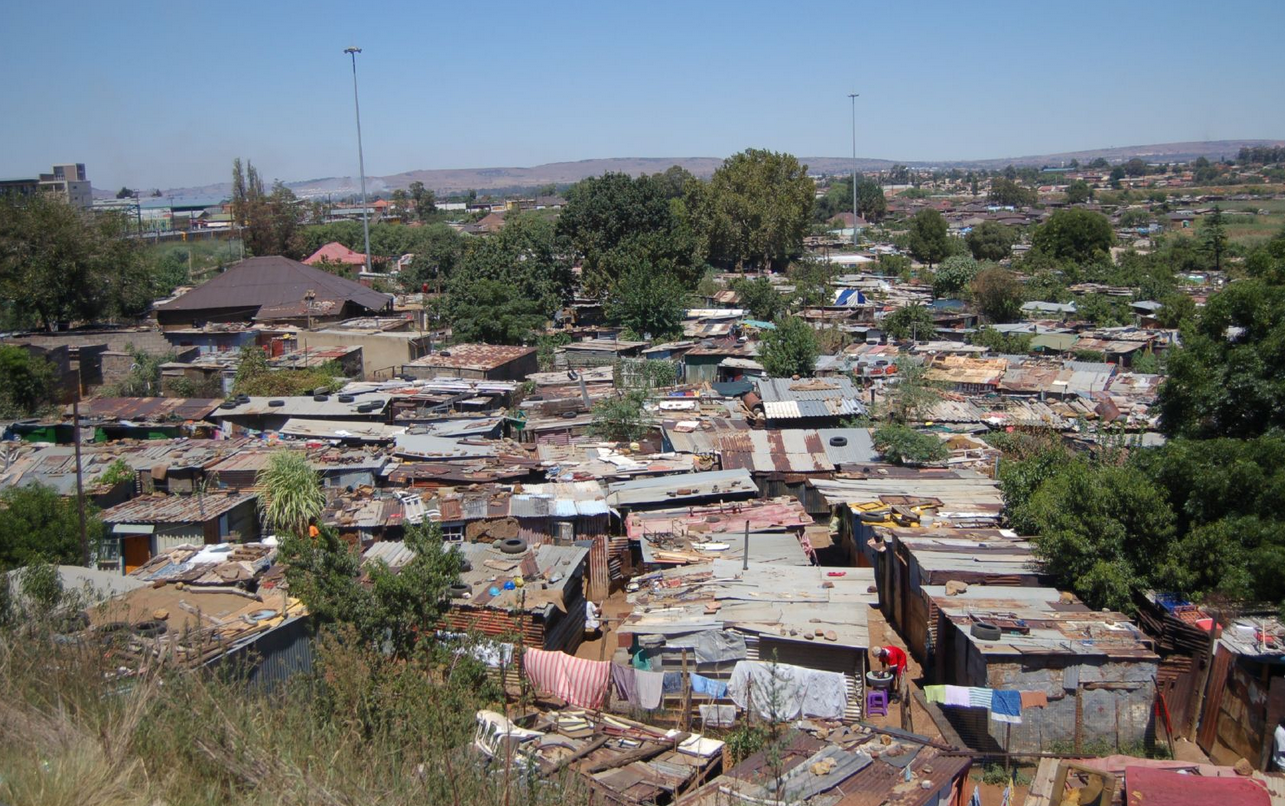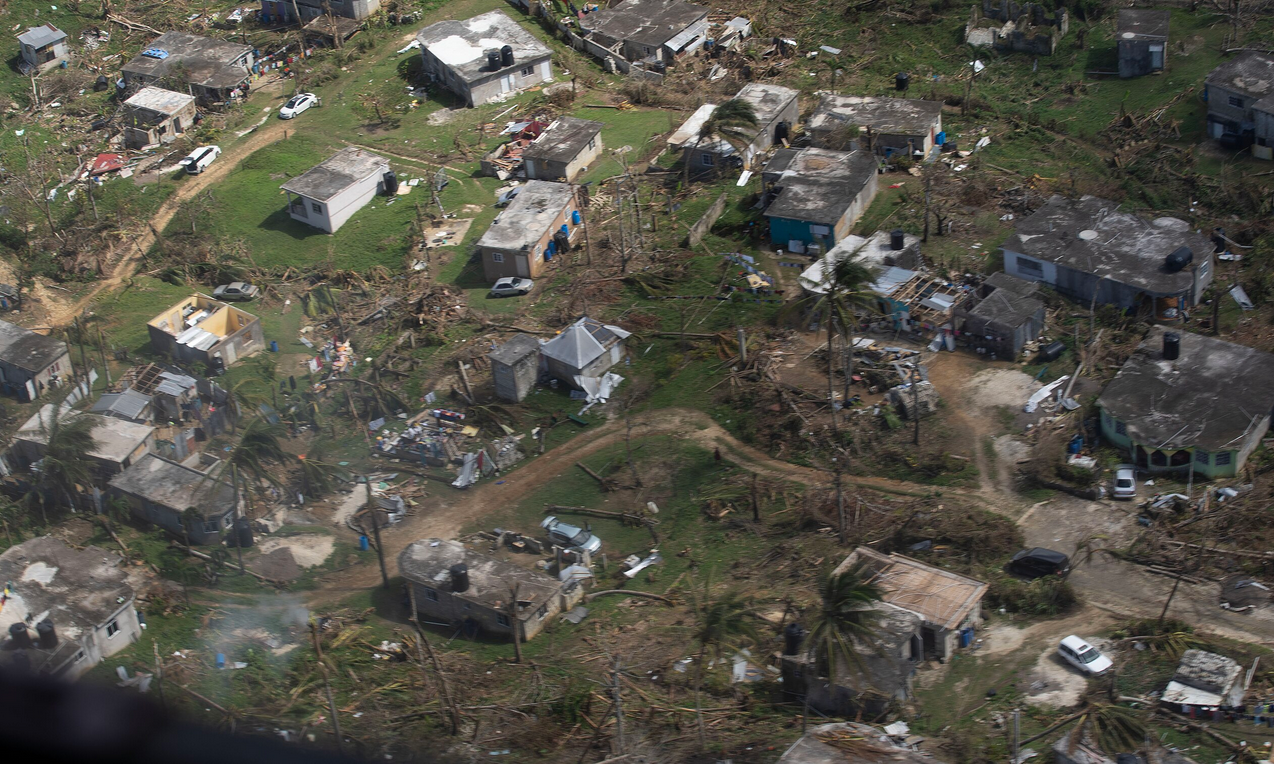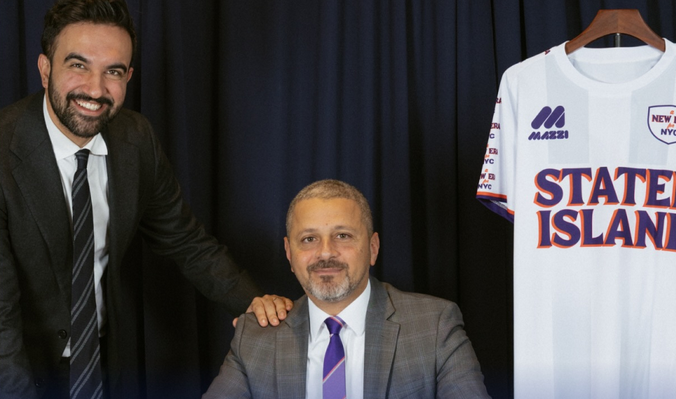The International Criminal Court (ICC) is an international court, located in the Hague City of, the Netherlands. It was founded in 1998 by the Rome Statute and officially started working in 2002. The main function of the ICC is to seek justice for persons charged with the worst offenses, which include genocide, crimes against humanity, war crimes, and aggression.
In November 2024, the arrest warrant was made for former Prime Minister Benjamin Netanyahu, former Minister of Defence, Yoav Gallant, and the Hamas head, Muhammad Deif. These warrants relate to war crimes and crimes against humanity about events in the Gaza Strip. This huge move has led to discussions about the jurisdictional question as well as the capability of the ICC in terms of implementing such arrest warrants.
What is the ICC?
ICC is an independent international Court that deals with situations regarding mass atrocities and serious violations of international human rights. Its mandate is to provide justice to those perpetrators who committed heinous crimes that affect peace and security.
It works with 18 judges from different countries, who are elected for the term of nine years. It deals with situations brought before it by member states or recommended by the United Nations Security Council.
Why Benjamin Netanyahu Must Not Stay On As Israel’s Prime Minister
The latest warrants from the ICC claim that Netanyahu and Gallant committed war crimes, ordering the use of starvation in the conflict as well as other cruel treatments. All these allegations arise from the conflict that is taking place in Gaza. Others are outlawed Hamas chief Muhammad Deif who was believed to have been killed in August when the new warrant was issued.
Netanyahu has dismissed the allegations and Israel, the state that the ICC is targeting is not a member of the ICC.
Also read: Not Being Matt Gaetz Does Not Qualify Pam Bondi To Be Attorney General
Can the ICC Arrest Netanyahu?
The ICC’s authority in the execution of warrants is restricted. First, the ICC lacks enforcement power and instead relies on the cooperation of its member states. In other words, if Netanyahu visits an ICC-eligible state then that country is legally bound by the Rome Statute to arrest Netanyahu. Nonetheless, some of the most prominent countries in the Middle East are not members of the ICC and thus present Netanyahu with a fair amount of geopolitical liberty: Egypt, Saudi Arabia, and so on.
While the ICC has issued such warrants in the past, including one for Russian President Vladimir Putin, enforcement has been difficult. Several leaders have stayed away from ICC-member nations in order to avoid being arrested.
What’s Next?
The arrest warrants of Netanyahu and others represent a clear stand by the ICC to prosecute perpetrators of international law offenses. It must be noted that Netanyahu cannot turn himself in or face arrest any time soon, however, the warrants place him diplomatically and legally in a troublesome position in Israel.
Conclusion
ICC is a crucial institution in the provision of global justice, however, the structure that was adopted when signing the Rome Statute hinders the court’s authority to implement its decisions especially when dealing with leaders of states that are not party to the Rome Statute.

